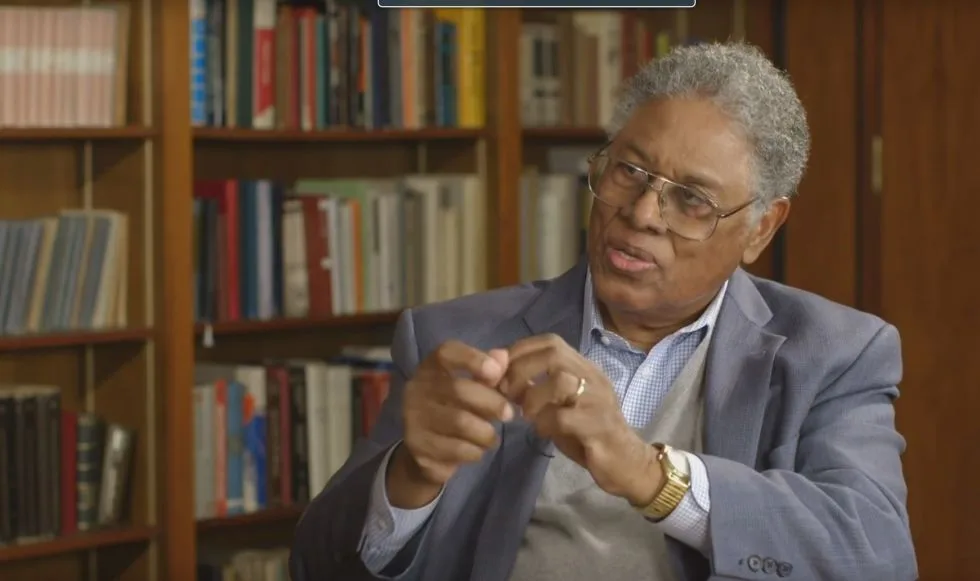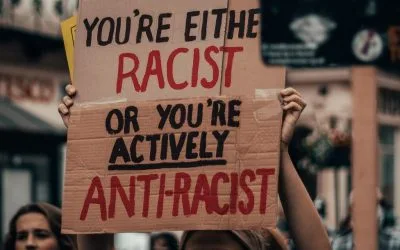To know what economics is, we must first know what an economy is. Perhaps most of us think of an economy as a system for the production and distribution of the goods and services we use in everyday life. That is true as far as it goes, but it does not go far enough. The Garden of Eden was a system for the production and distribution of goods and services, but it was not an economy, because everything was available in unlimited abundance. Without scarcity, there is no need to economize– and therefore no economics. A distinguished British economist named Lionel Robbins gave the classic definition of economics:
Economics is the study of the use of scarce resources which have alternative uses.
What does “scarce” mean? It means that people want more than there is. This may seem like a simple thing, but its implications are often grossly misunderstood, even by highly educated people. For example, a feature article in the New York Times of August 1, 1999 laid out the economic woes and worries of middle-class Americans– one of the most affluent groups of human beings ever to inhabit this planet. Although the story includes a picture of a middle-class family in their own swimming pool, the main headline says: “The American Middle, Just Getting By.” Other headings in the article include:
Wishes Deferred and Plans Unmet
Goals That Remain Just Out of Sight
Dogged Saving and Some Luxuries
In short, middle-class Americans’ desires exceed what they can comfortably afford, even though what they already have would be considered unbelievable prosperity by people in many other countries around the world– or even by earlier generations of Americans. Yet both they and the reporter regard them as “just getting by” and a Harvard sociologist spoke of “how budget-constrained these people really are.” However, it is not something as man-made as a budget which constrains them: Reality constrains them. There has never been enough to satisfy everyone completely. That is the real constraint. That is what scarcity means.
Although per capita real income in the United States increased 50 percent in just one generation, these middle-class families “have had to work hard for their modest gains,” according to a Fordham professor quoted in the same article. What a shame they could not get manna from heaven! As for the modesty of their gains, this suggests that people not only adjust their expectations upward with growing prosperity, but also adjust their rhetoric as to what it means to be “just getting by.” The New York Times reporter wrote of one of these middle-class families:
After getting in over their heads in credit card spending years ago, their finances are now in order. “But if we make a wrong move,” Geraldine Frazier said, “the pressure we had from the bills will come back, and that is painful.”
To all these people– from academia and journalism, as well as the middle-class people themselves– it apparently seems strange somehow that there should be such a thing as scarcity and that this should imply a need for both productive efforts on their part and personal responsibility in spending. Yet nothing has been more pervasive in the history of the human race than scarcity and all the requirements for economizing that go with scarcity.
Not only scarcity but also “alternative uses” are at the heart of economics. If each resource had only one use, economics would be much simpler. But water can be used to produce ice or steam by itself or innumerable other mixtures and compounds in combination with other things. A virtually limitless number of products can also be produced from wood or from petroleum, iron ore, etc. How much of each resource should be allocated to each of its many uses? Every economy has to answer that question, and each one does, in one way or another, efficiently or inefficiently. Doing so efficiently is what economics is all about.
Whether the people in a given economy will be prosperous or poverty-stricken depends in large part on how well their resources are allocated. Rich resources often exist in very poor countries, simply because the country lacks the economic mechanisms, as well as specific skills, for efficiently turning those resources into abundant output. Conversely, countries with relatively few natural resources– Japan or Switzerland, for example– can have very high standards of living, if their people and their economy are well adapted for allocating and using whatever resources it has or can purchase from other countries.
Among the many misconceptions of economics is that it is something that tells you how to make money or run a business or predict the ups and downs of the stock market. But economics is not personal finance or business administration, and predicting the ups and downs of the stock market has yet to be reduced to a set of dependable principles.
Economics is not about the financial fate of individuals. It is about the material well-being of society as a whole. It shows cause and effect relationships involving prices, industry and commerce, work and pay, or the international balance of trade– all from the standpoint of how this affects the allocation of scarce resources in a way that raises or lowers the material standard of living of the population as a whole.
Money doesn’t even have to be involved to make a decision be economic. When a military medical team arrives on a battlefield where soldiers have a variety of wounds, they are confronted with the classic economic problem of allocating scarce resources which have alternative uses. Almost never are there enough doctors, nurses, or paramedics to go around, nor enough medication. Some of the wounded are near death and have little chance of being saved, while others have a fighting chance if they get immediate care, and still others are only slightly wounded and will probably recover whether they get immediate medical care or not.
If the medical team does not allocate its time and medications efficiently, some wounded soldiers will die needlessly, while time is being spent attending to others not as urgently in need of care or still others whose wounds are so devastating that they will probably die in spite of anything that can be done for them. It is an economic problem, though not a dime changes hands.
Most of us hate even to think of having to make such choices. Indeed, as we have already seen, some middle-class Americans are distressed at having to make much milder choices and trade-offs. But life does not ask what we want. It presents us with options. Economics is just one of the ways of trying to make the most of those options.
Much of what follows in the chapters ahead is an analysis of what happens in an economy coordinated by prices and by the resulting flows of money and goods in a competitive market. But it also considers what happens when markets are not permitted to operate in that way, whether because of business, unions, or government. One of the best ways of understanding the role of prices, for example, is by understanding what happens when they are not permitted to play their role in the market. How does an economy respond when prices are set or controlled by the government, rather than being allowed to fluctuate with supply and demand? What happens in an economy that is centrally planned, as distinguished from one in which decisions about how to use resources and distribute goods and services are made by millions of separate individuals, whose decisions are coordinated only by their responses to price movements?
All sorts of economies– capitalist, socialist, feudal, etc.– must determine in one way or another how the available resources are directed toward their various uses. But how well they do it can lead to poverty or affluence for a whole country. That is what the study of economics is all about and that is what makes it important.
— Excerpted by permission from Chapter 1 of Thomas Sowell’s Basic Economics.










